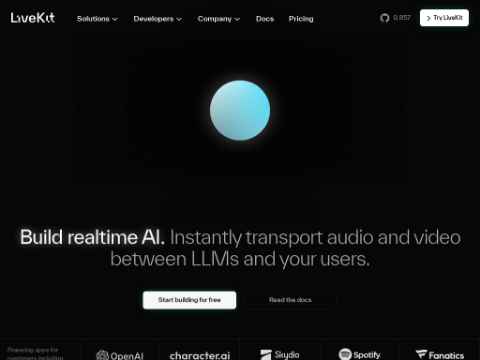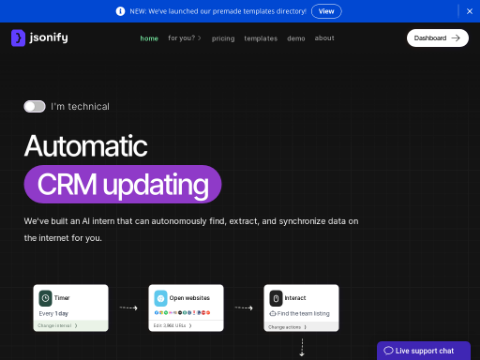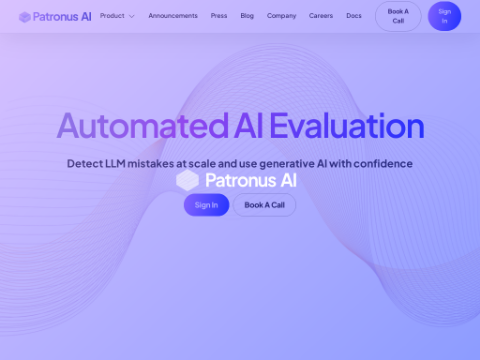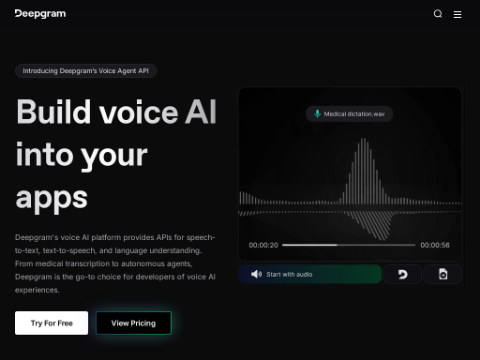According to a report from a prominent business media outlet, Miles Brundage, the former head of OpenAI's policy research and AGI (Artificial General Intelligence) readiness department, revealed that in the coming years, artificial intelligence (AI) technology could potentially "virtually perform" almost all tasks that humans execute through computers. This encompasses operations involving mouse and keyboard usage, and even the simulation of a "human presence" in video calls.
In the tech industry, companies like OpenAI are under significant scrutiny regarding the development timeline of AGI. Several leading experts in the field believe that AGI technology will achieve substantial breakthroughs within the next few years. Among them, John Schulman, OpenAI's co-founder and former research scientist, shares an optimistic view, suggesting that AGI could materialize within a few years. Meanwhile, Dario Amodei, CEO of OpenAI's competitor Anthropic, forecasts that some form of AGI is likely to emerge by 2026.
Brundage, who served at OpenAI for over six years, possesses a profound understanding of AGI's development timeline. During his tenure, he not only provided AGI-related advice to the company's leadership but also participated in several key security research innovations at OpenAI, such as implementing "red team testing," which involves inviting external experts to probe for product vulnerabilities.
Recently, OpenAI has experienced a series of departures among its senior security researchers and executives, raising external concerns about the balance between AGI development and safety. However, Brundage emphasized that his departure was not due to specific security issues but stemmed from concerns about whether other labs could comprehensively manage these aspects.
In his resignation announcement, Brundage stated his desire to impact a broader range of areas as a policy researcher or advocate within a nonprofit organization. He noted that he cannot tackle all cross-industry critical issues alone, hence his focus extends beyond OpenAI's internal matters to include the implementation of necessary regulatory measures.
"I wish to achieve greater independence and reduce biases," Brundage said. "I do not want my viewpoints to be perceived merely as corporate propaganda just because I was an insider."
Brundage's departure and his predictions about the future of AI undoubtedly spark new thoughts and discussions within the tech community. As AI technology continues to advance, humanity's aspiration to realize AGI may no longer seem distant.








